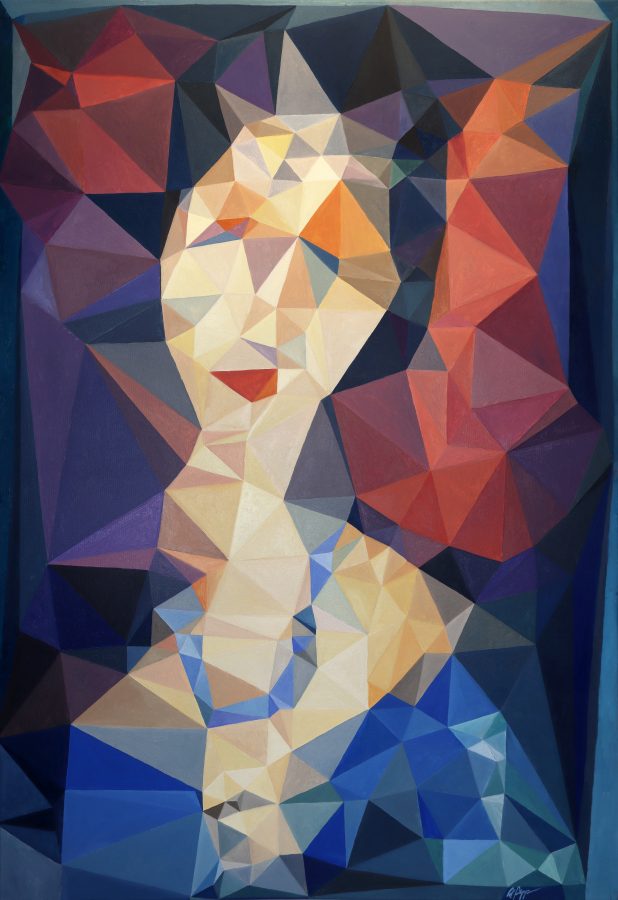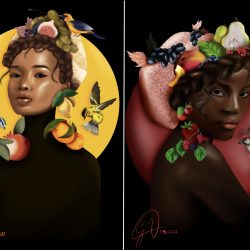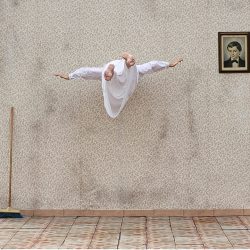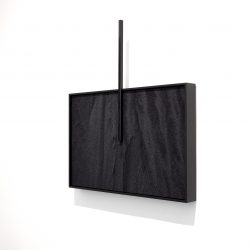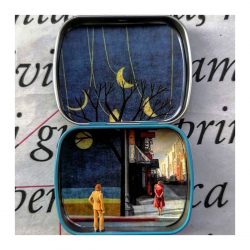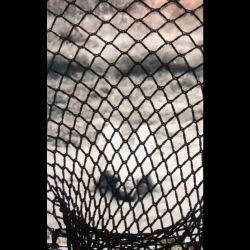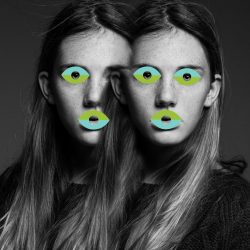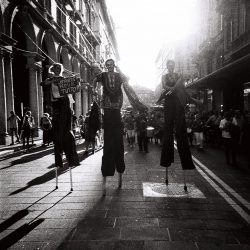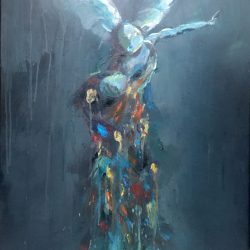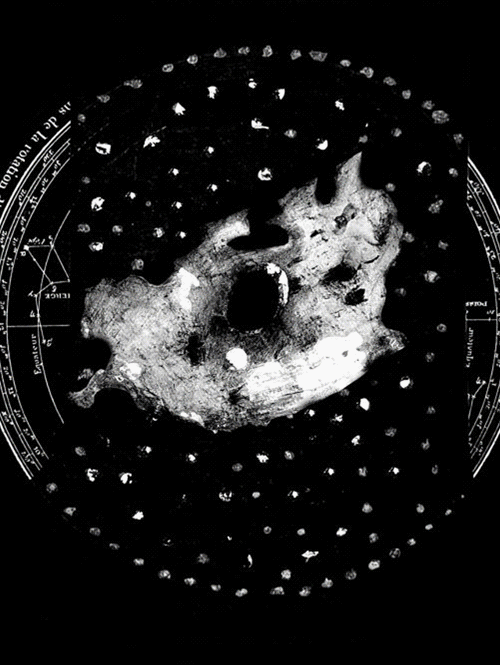work
Jeanne Hébuterne con collana – decomposizione
| category | Painting |
| subject | Human figure |
| tags | evoluzionefigurativa, astratto, figurativo, decompose, scomposizione, geometrico, sintesi, futuristico |
| base | 164 cm |
| height | 111 cm |
| depth | 3 cm |
| year | 2024 |
Decompose, Oil on canvas, unique work.
Finalist work for the 2024 Amedeo Modigliani Foundation Award
“Do you know what love is? True love? Have you ever loved so deeply that you condemned yourself to hell for eternity? I did it.” (from the film: The Colors of the Soul).
Do we still know how to fall in love? With a woman, with her enchanting beauty as she looks at us distractedly graceful and we are unconsciously enraptured by it? Or with a man, with a dawn that explodes with new colors or with a fiery sunset, with the simple laughter of a child, with a flower or with the wind, have you ever felt on those rare late winter afternoons the warm wind from the south touch your skin and feel a shiver? Or with the majesty of the sea, with its waves breaking on the sand and on the earth that unite into one thing, or with all the beauty created by God?
The painting pays homage to the master from Livorno with a hymn to romanticism to celebrate love, that pathos that attracts the artist at the sight of the muse and that necessarily celebrates it by making it a work of art.
The choice of the subject comes from the desire to convey the beauty (in all its forms and styles) that those who grasp it and fall in love with it feel, a message of exhortation to seek beauty, poetry, romanticism and love that can be found in many forms.
The work, unpublished, and created specifically for the Modigliani prize is part of the Decompose collection, The “Decompose” project is a path of figurative evolution, a process of breaking down the image into polygons. The image re-shaped in a new code generates a double vision based on the point of view from which the work is looked at. If observing the work from a close-up point of view one perceives the “new image”, evolved and abstract, by half-closing one’s eyes and moving away instead one perceives its historical and figurative matrix. In this temporal movement a game of unexpected visions is created. The final intention is to generate a work that is modern and ancient at the same time and to perceive the passage of time based on the point of view from which it is observed. A further premeditated contrast is given by the modern and technological compositional language that blends well with the classical and tangible use of oil painting on canvas. One of the personal theses linked to “Decompose” is the following:
“if the great destructions (such as wars or calamities) or small ones, that we experience in the daily microcosm, do not annihilate us definitively, we can perhaps find a new lifeblood in re-creating “the new image” and a new self.
Decompose is the representation of our fragmented time, a classic research that is concerned with destroying and putting pieces back together looking for a new vision and as a perception of a beauty that is disappearing.
Decomposing a work by Modigliani is a violence, an act of denunciation, but also the awareness that art continues and evolves, but how? It becomes virtual, digital, non-fungible token or artificial intelligence, in which we all firmly believe that it will make us do better and in less time and that thanks to data we should no longer even think about a work of art to compose. Hence the desire to isolate oneself from one's own time but at the same time tell it with an oil painting on canvas.
Finalist work for the 2024 Amedeo Modigliani Foundation Award
“Do you know what love is? True love? Have you ever loved so deeply that you condemned yourself to hell for eternity? I did it.” (from the film: The Colors of the Soul).
Do we still know how to fall in love? With a woman, with her enchanting beauty as she looks at us distractedly graceful and we are unconsciously enraptured by it? Or with a man, with a dawn that explodes with new colors or with a fiery sunset, with the simple laughter of a child, with a flower or with the wind, have you ever felt on those rare late winter afternoons the warm wind from the south touch your skin and feel a shiver? Or with the majesty of the sea, with its waves breaking on the sand and on the earth that unite into one thing, or with all the beauty created by God?
The painting pays homage to the master from Livorno with a hymn to romanticism to celebrate love, that pathos that attracts the artist at the sight of the muse and that necessarily celebrates it by making it a work of art.
The choice of the subject comes from the desire to convey the beauty (in all its forms and styles) that those who grasp it and fall in love with it feel, a message of exhortation to seek beauty, poetry, romanticism and love that can be found in many forms.
The work, unpublished, and created specifically for the Modigliani prize is part of the Decompose collection, The “Decompose” project is a path of figurative evolution, a process of breaking down the image into polygons. The image re-shaped in a new code generates a double vision based on the point of view from which the work is looked at. If observing the work from a close-up point of view one perceives the “new image”, evolved and abstract, by half-closing one’s eyes and moving away instead one perceives its historical and figurative matrix. In this temporal movement a game of unexpected visions is created. The final intention is to generate a work that is modern and ancient at the same time and to perceive the passage of time based on the point of view from which it is observed. A further premeditated contrast is given by the modern and technological compositional language that blends well with the classical and tangible use of oil painting on canvas. One of the personal theses linked to “Decompose” is the following:
“if the great destructions (such as wars or calamities) or small ones, that we experience in the daily microcosm, do not annihilate us definitively, we can perhaps find a new lifeblood in re-creating “the new image” and a new self.
Decompose is the representation of our fragmented time, a classic research that is concerned with destroying and putting pieces back together looking for a new vision and as a perception of a beauty that is disappearing.
Decomposing a work by Modigliani is a violence, an act of denunciation, but also the awareness that art continues and evolves, but how? It becomes virtual, digital, non-fungible token or artificial intelligence, in which we all firmly believe that it will make us do better and in less time and that thanks to data we should no longer even think about a work of art to compose. Hence the desire to isolate oneself from one's own time but at the same time tell it with an oil painting on canvas.



